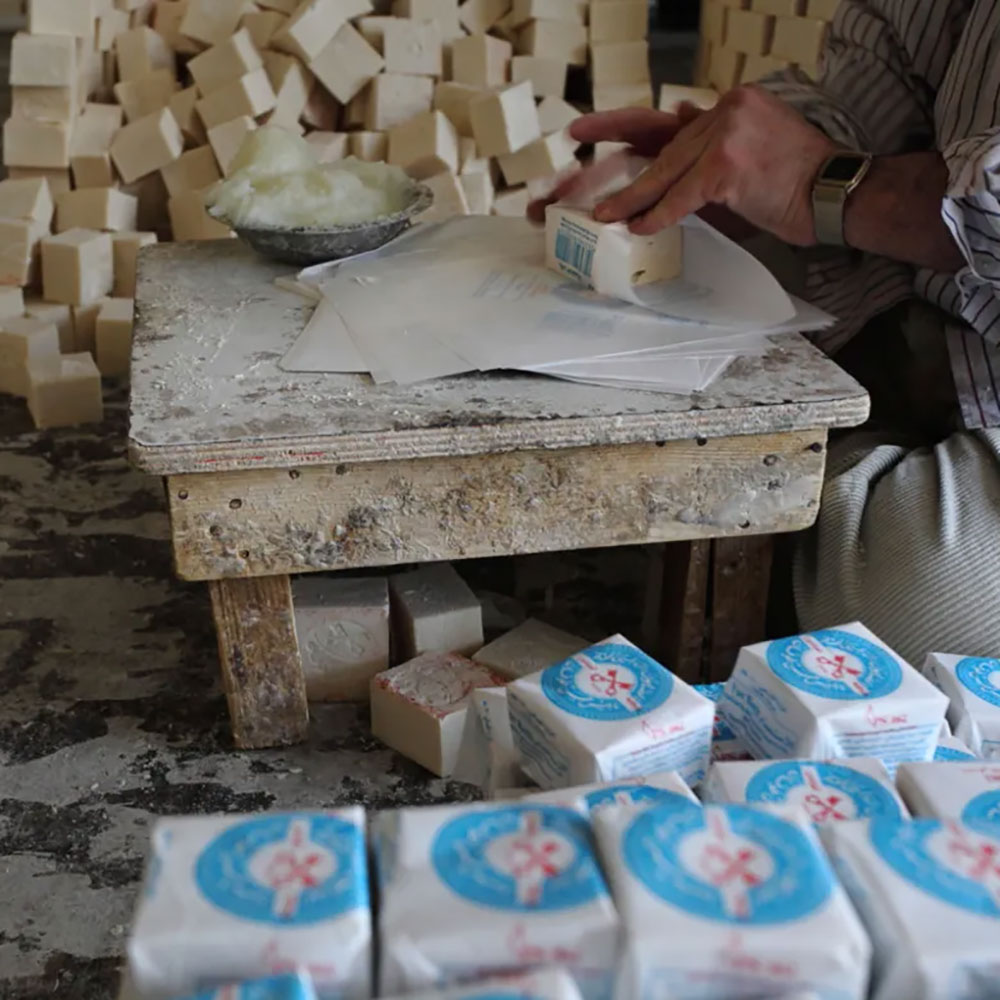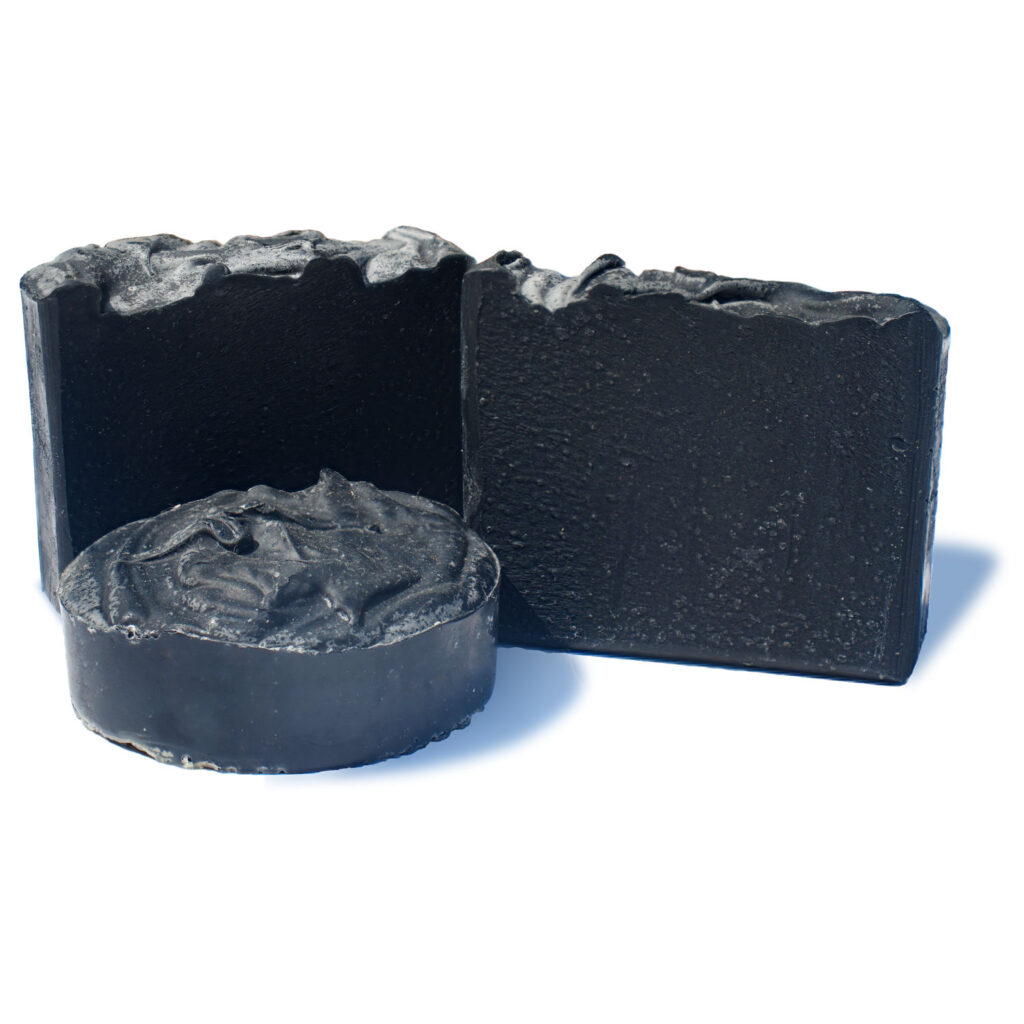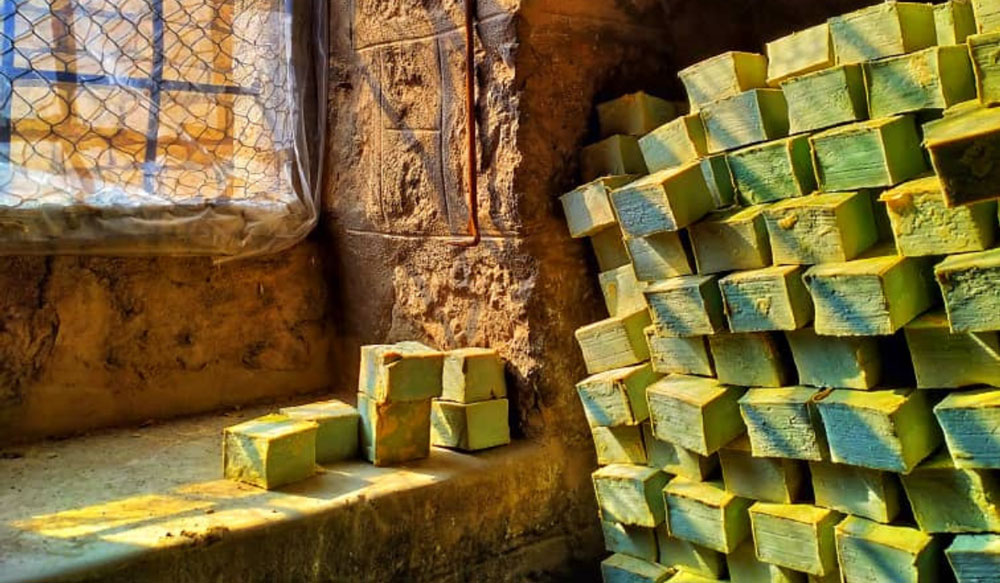
Why Choose Handmade Soap Over Commercial Brands? Walk into any supermarket and you’ll find shelves full of brightly packaged soaps and shower gels. But look closer at the ingredients, and you’ll often see a long list of chemicals, detergents, and artificial fragrances. In contrast, handmade soap offers a natural, eco-friendly, and skin-friendly alternative. More and more people are making the switch — and for good reason.
What’s Really in Commercial Soap?
Most commercial soaps aren’t really soap at all — they’re synthetic detergents designed for mass production. These bars and gels often contain:
Sodium lauryl sulfate (SLS): A harsh foaming agent that can strip natural oils.
Artificial fragrances: Linked to skin irritation and allergies.
Preservatives and fillers: Extend shelf life but do little for your skin.
Petroleum-based ingredients: Cheap to produce but not biodegradable.
While these products may smell appealing and lather quickly, they can leave skin feeling dry, tight, or irritated.

Handmade Soap: Pure and Natural
Handmade soap, on the other hand, is created using natural oils, lye, and water — a process called saponification. Once cured, the result is a bar that cleanses gently and retains natural moisturising properties. Traditional soaps like Aleppo and Nablus soap are perfect examples, made for centuries with olive oil and natural ingredients.
Because they’re free from synthetic additives, handmade soaps are:
Gentle on sensitive skin
Naturally moisturising
Rich in vitamins and antioxidants
Eco-friendly and biodegradable
Better for Your Skin
One of the biggest benefits of handmade soap is how it feels on your skin. Natural oils like olive oil and laurel oil don’t just cleanse — they nourish, hydrate, and protect. Many handmade soaps also contain naturally occurring glycerin, a by-product of saponification that commercial manufacturers often strip out to sell separately in lotions. This means handmade soaps lock in moisture rather than drying your skin.
A Heritage of Craftsmanship
Choosing handmade soap also means embracing tradition. Aleppo soap from Syria and Nablus soap from the West Bank are made using recipes that date back over 1,000 years. Each bar represents not just skincare but also cultural heritage, supporting artisans who keep these ancient crafts alive.
By buying handmade soap, you’re not just investing in your skin — you’re supporting communities and preserving valuable traditions.
Eco-Friendly and Sustainable
Handmade soap is also a win for the planet. Unlike liquid soaps that come in plastic bottles, handmade bars are plastic-free and long-lasting. They’re biodegradable, so they don’t pollute waterways, and traditional soapmakers often use locally sourced oils, reducing environmental impact.
In an era where sustainability matters, switching to handmade soap is a simple but meaningful choice.
Value Beyond the Price Tag
Some people hesitate to buy handmade soap because it costs more than mass-produced brands. But consider what you’re paying for:
Higher-quality ingredients that benefit your skin.
A longer-lasting bar that doesn’t melt away quickly.
No need for extra moisturisers, since the soap itself is hydrating.
In the long run, handmade soap often provides better value — both financially and for your health.
Making the Switch
If you’re new to natural soaps, start with a classic like Aleppo or Nablus. Both are available at Soapness.co.uk and offer different strengths: Aleppo soap includes laurel oil for antibacterial benefits, while Nablus soap relies on the simplicity of pure olive oil for unmatched gentleness.
Once you try handmade soap, you’ll notice the difference immediately — softer, healthier skin, and the peace of mind that comes with using something natural and authentic.



